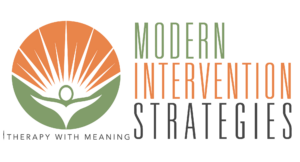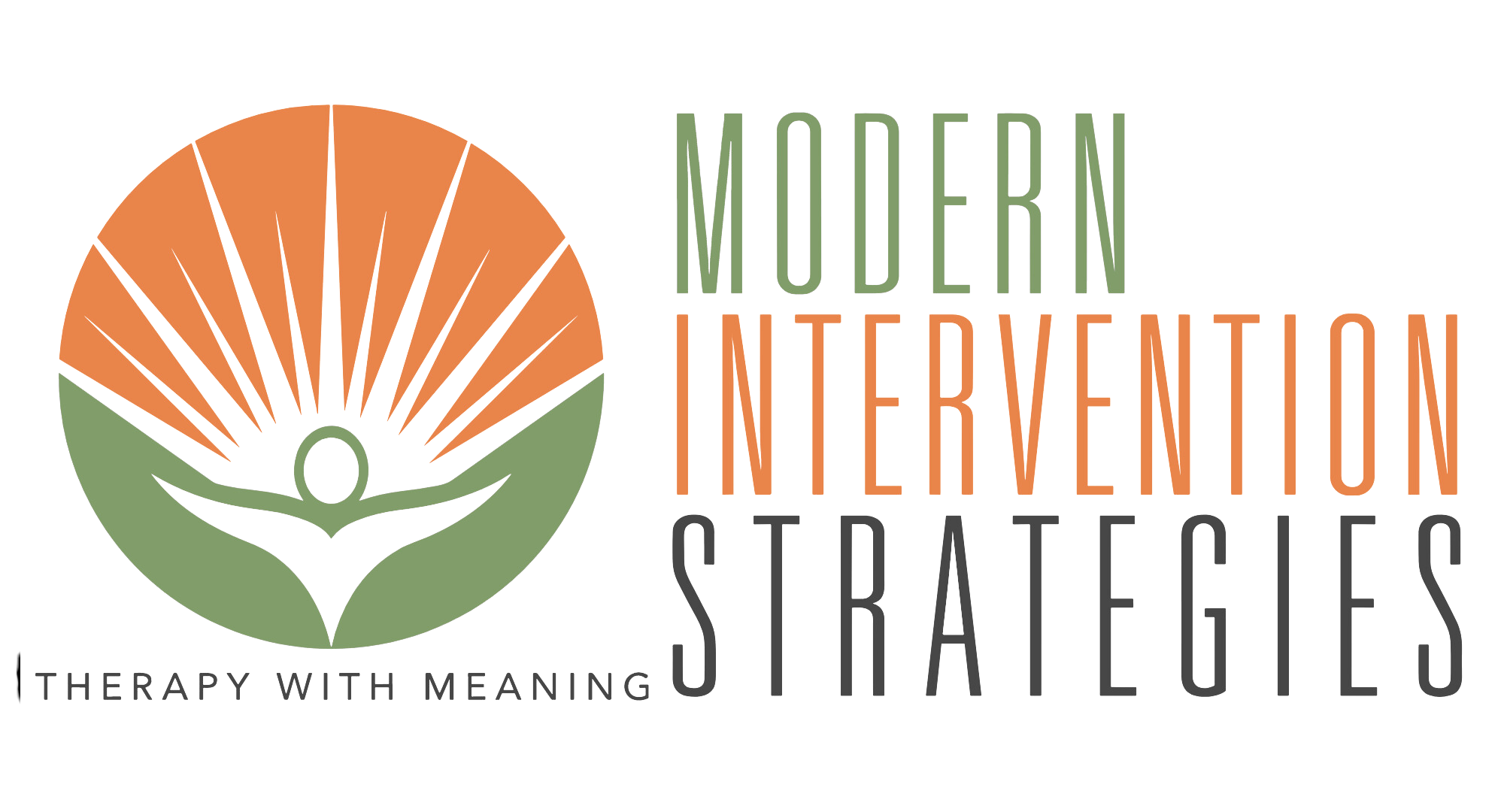Anxiety isn’t just an emotional or mental battle. It can affect your body in very real, sometimes alarming ways. Whether you’re dealing with Generalized Anxiety Disorder (GAD) or occasional bouts of nervousness, the physical manifestations of anxiety can leave you wondering if something more serious is at play.
How Anxiety Shows Up in Your Body
For many people, the first sign of anxiety isn’t mental at all—it’s physical. I remember feeling my heart pounding in my chest, even when I was completely at rest. It was unnerving because you don’t expect to feel your heart like that unless you’re running or exerting yourself. This is a classic sign of anxiety: your heart races or beats heavily as your body enters “fight or flight” mode, even if there’s no immediate danger.
Shortness of breath is another symptom that many experience. You might take a deep breath, but it feels like you can’t get enough air. This creates an uneasy feeling in the body, contributing to a sense of panic. I’ve felt that tightness in my chest too, as if something was squeezing me from all sides.
Common Physical Symptoms of Anxiety
- Increased Heart Rate: As mentioned, a pounding or racing heart is one of the most common physical reactions to anxiety. This can sometimes mimic symptoms of a heart condition, which is why it’s so concerning for many.
- Shortness of Breath: Even though you’re breathing, it feels insufficient. This can trigger even more anxiety because it mirrors symptoms of other serious conditions, like asthma or heart issues.
- Dizziness and Lightheadedness: I’ve experienced this feeling of lightheadedness myself. It’s not the same as feeling the room spin, but more like you’re about to faint, or everything is dimming. This can be caused by hyperventilation, a common reaction to anxiety where you’re unknowingly breathing too shallowly or too quickly.
- Muscle Tension: Anxiety puts your muscles on high alert. In my case, it often led to intense pain in my neck and shoulders, so bad at times that I would have thought it was an injury if I didn’t know it was related to anxiety. This tension can cause headaches and even a sensation of heat radiating from the top of your head.
Why Anxiety Causes Physical Symptoms
When you’re anxious, your brain signals the release of adrenaline, the hormone responsible for the fight or flight response. This response is essential in emergencies, but when triggered by anxiety, it becomes a constant state of alertness that wears down the body. Muscle tension, increased heart rate, and even digestive issues like nausea can be signs that your body is reacting to perceived threats that don’t actually exist.
In some cases, I’ve noticed visual disturbances too, like blurry vision or tunnel vision. This can be incredibly scary, especially since it doesn’t seem like something you’d associate with anxiety at first.
How to Tell if Anxiety is Behind Your Symptoms
One of the hardest parts of dealing with anxiety is separating it from other medical conditions. It’s crucial to rule out more serious health issues first—something I’ve done myself, especially when symptoms like chest pressure or trouble swallowing cropped up. These can feel similar to things like heart attacks or allergic reactions, but if medical tests come back clear, anxiety is often the underlying cause.
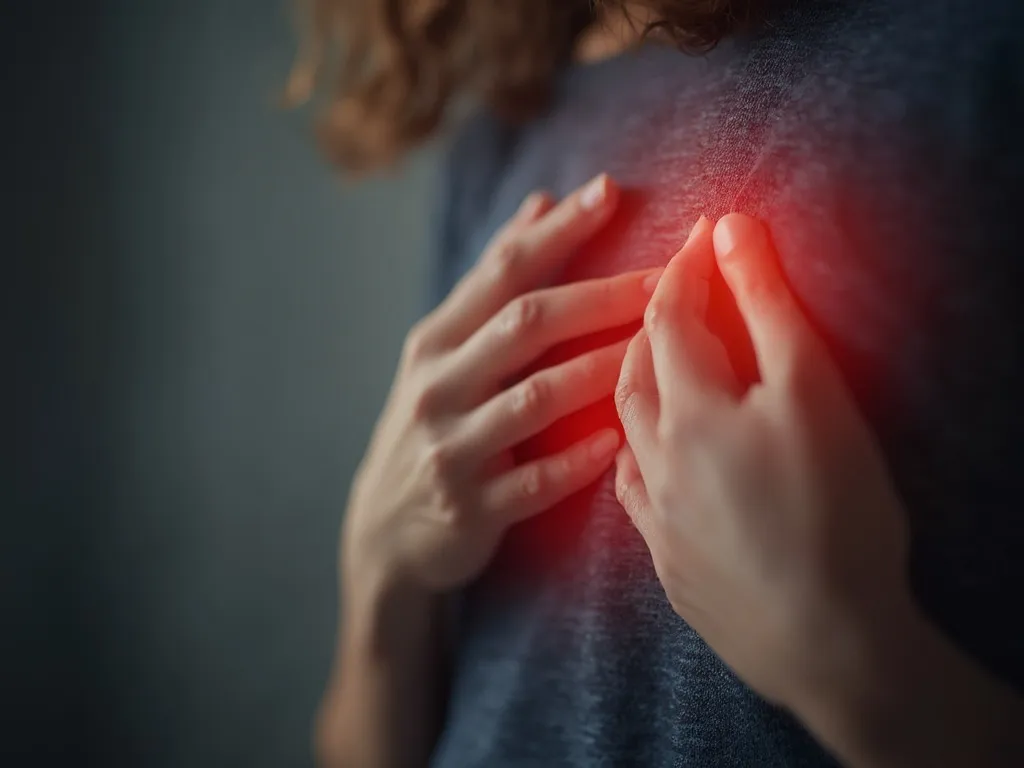
Effects of Anxiety on Your Body: A Full-Body Experience
From head to toe, anxiety can affect every part of your body. Here’s a closer look at some of the common ways anxiety can manifest physically:
- Chest and Back Pressure: Like I experienced, it can feel as though something is squeezing your chest and back, creating discomfort that makes it hard to focus on anything else.
- Digestive Issues: Anxiety can wreak havoc on your digestive system, leading to nausea, stomach cramps, or even diarrhea.
- Muscle Fatigue: Over time, the constant tension in your muscles can lead to exhaustion. You might feel weakness in your legs, or your arms may feel unusually heavy.
- Sweating and Hot Flashes: Feeling overheated, especially with hot flashes in the head or face, is another common symptom, often paired with a sense of panic.
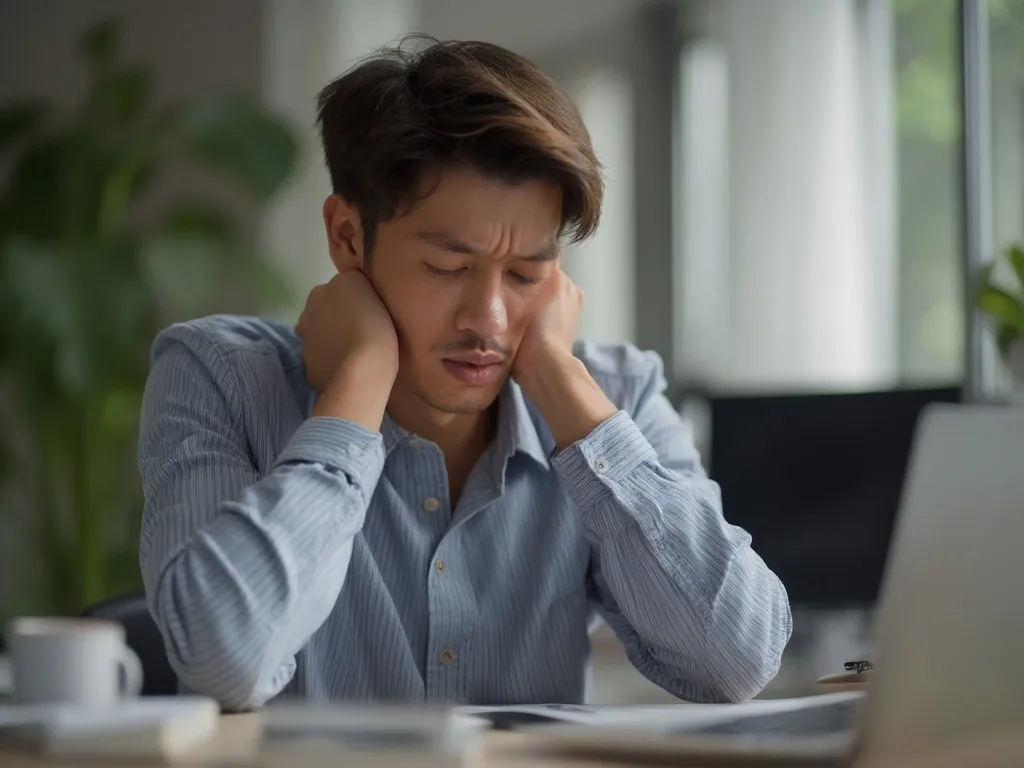
Can Anxiety Make You Feel Sick?
The short answer is yes. Anxiety can make you feel truly unwell, with symptoms that mimic illnesses or even create the sensation of being on the verge of passing out. When I experienced it, I felt like my body was betraying me—like I was sick, even though I wasn’t. It’s essential to recognize these symptoms as part of your body’s stress response and not an indication of a severe illness.
Managing Physical Anxiety Symptoms
Dealing with the physical symptoms of anxiety can be frustrating and scary. It’s important to find ways to calm your nervous system and bring your body back to a state of balance. Personally, I found that deep breathing exercises helped me regulate that panicky feeling of shortness of breath. Relaxing my muscles through progressive muscle relaxation techniques also reduced the tension in my neck and shoulders.
